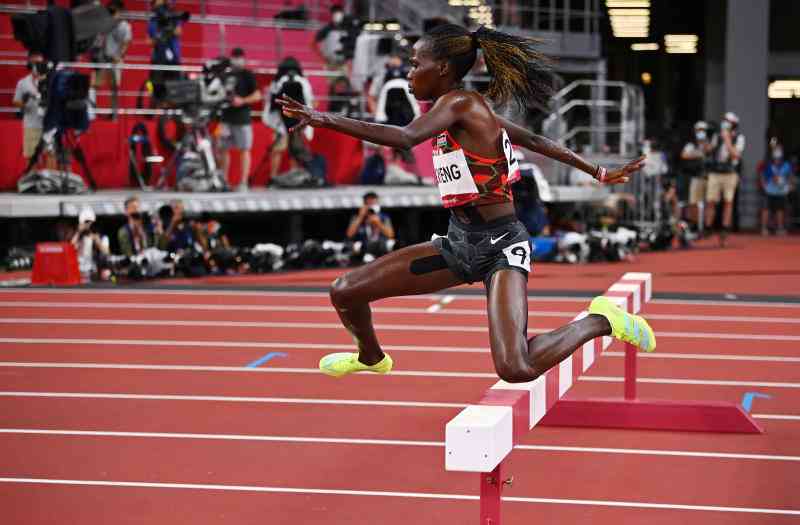×
The Standard e-Paper
Stay Informed, Even Offline

Without doubt the advent of social media has changed the way athletes feel, behave and perform both in their normal lives and during competitions.
While social media brings excitement, to some athletes it has made them fall into depression due to the pressure and insensitive comments from their fans on Facebook, Instagram, X and other platforms.